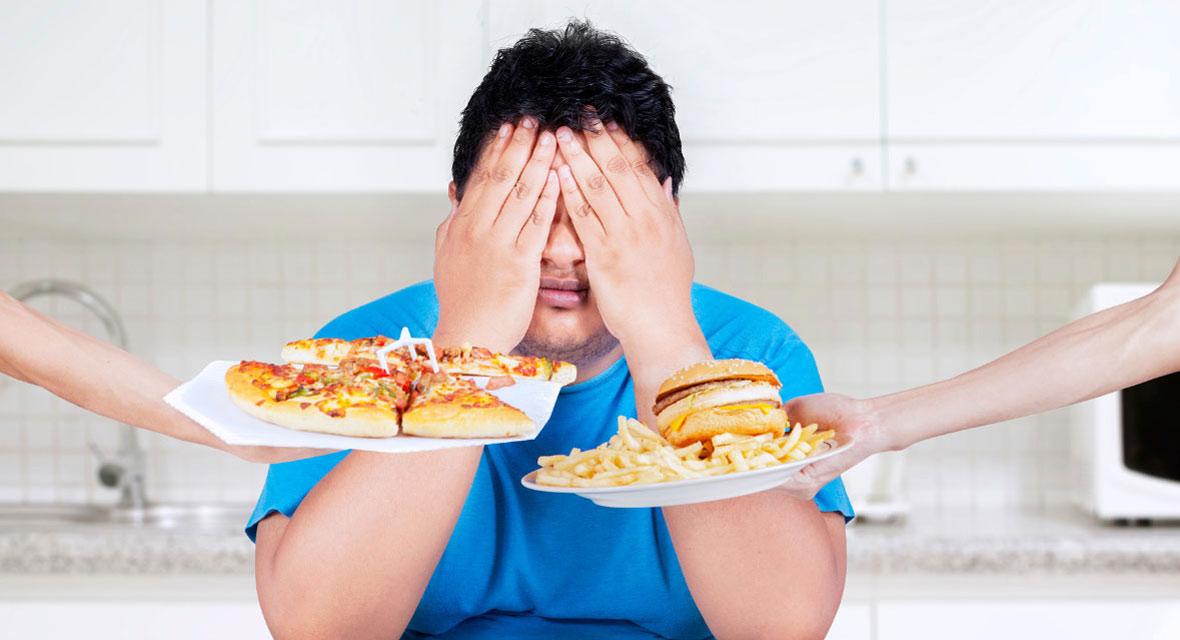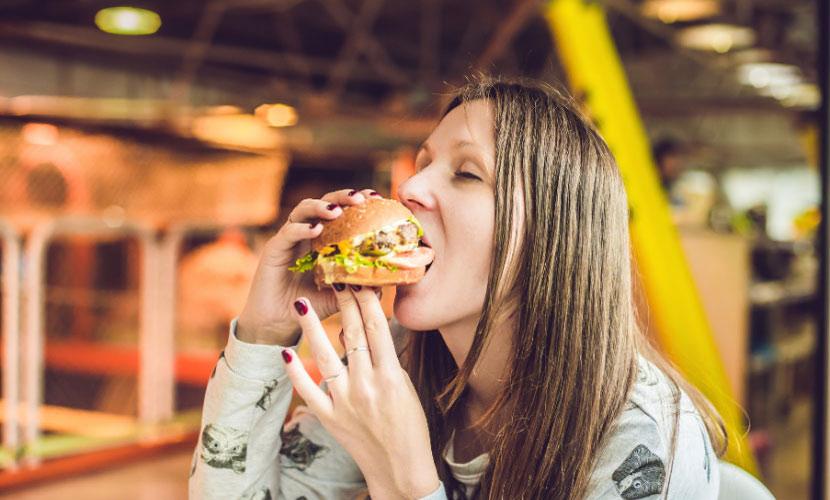🏆 As seen and loved on Shark Tank Dubai 🏆

Cheat Meal Mistakes
10 Common Cheat Meal Mistakes and How Can They Sabotage a Diet Plan
While on a weight-loss quest, it might be difficult to refrain from consuming a variety of junk and unhealthy meals. But there are times when it feels amazing to let go, cease resisting everything, and just follow your instincts. A cheat meal is a treat for adhering to a healthy diet and being active throughout the week or month. You can remove your restraints from your diet and eat whatever you want as a reward. Consequently, you eat what you desire to satisfy your hunger and return to your healthy diet with renewed strength and excitement.
Cheat days or cheat meals are a terrific way to harmonize your life. Limiting your every day can lead to a sense of hardship, which is why indulging in cheat meals can be beneficial. Going over the top on cheat meals can halt your advancement and possibly put you back a few steps.
It's important to note that the cheat meal strategy isn't suitable for all diets. Some regimens, like the ketogenic diet, necessitate stringent devotion with no tolerance for error. As a result, the cheat technique works best with diets that provide some flexibility.
10 Most common cheat meal mistakes you must avoid
Having cheat days instead of cheat meals
This is one of the most typical cheat meal mistakes, where you eat whatever you wish throughout the day. If you eat without limitation for the whole day, you may consume all the calories you intended to avoid over the week, hindering your weight loss. Worse, you may regain all of the weight you've lost.
Cheating too frequently
Repeated cheat meals will only develop into a sugar and junk food addiction, resulting in frequent urges while dieting. If you follow binge eating every two to three days in between your tight diet programs, you may fail to achieve your fitness goal. Always set aside a date for a cheat meal to encourage you to get there after sticking to your plan.
Overeating in cheat meals
Overeating during your cheat meals can lead to weight gain as the food will almost certainly be stored as fat if consumed in excess. One such meal can easily exceed the permissible calorie count, ruining a week of dieting and undoing all your hard work. The purpose of a cheat meal is to break up the monotony of the diet by indulging in a small feast as a treat for your efforts.
For such meals, eat only enough to please you. Do not overindulge to benefit on your cheat days. Although portion control isn't crucial in the same manner it is when dieting, you should still be cautious and try to reduce the harm as much as possible.
Consuming junk food

Even though it's a cheat meal, the type of food you eat is still vital. There's a substantial difference between junk food and nutritious food. Consuming fast food, junk food, and refined sugar on cheat days can undo your development. Besides being high in calories, fast, junk, and processed items contain trans-fat and many additives that are bad for anyone following a healthy lifestyle.
Avoiding products your body doesn't tolerate well is also crucial. The goal is to avoid making decisions that will disrupt your metabolic processes and prompt an inflammatory reaction in the body.
Overindulging in alcoholic beverages
Excessive alcohol consumption can sabotage your cheat days for two reasons. To begin with, beer and most alcoholic drinks have high-calorie content. Fat might be stored as a result of the extra calories. The excess fat is frequently accumulated in the abdominal area.
Secondly, when it comes to food, drinking might lessen your inhibitions. Avoiding the urge to devour junk food while you are inebriated is more difficult.
Drink moderately and avoid getting too tipsy that you can't control your cravings. Also, choose between consuming alcohol and indulging in a cheat meal. Doing both, particularly on the same day, can result in excess calorie consumption and will contribute to weight gain.
Consuming excess fat
When compared to protein and carbs, fat has more calories. Eating healthy fats is beneficial and necessary for a well-balanced diet. Too much saturated fat, on the other hand, can elevate your bad cholesterol, leading to heart disease and can also result in weight gain.
Make a list of cheat meals you'd want to try and look up the nutritional information for each one. Ensure the cheat dishes you select do not contain excess unhealthy fat.
Skipping the workout

A cheat meal does not imply forgetting about your daily exercises. Remember that you are consuming extra calories by eating junk foods, and to burn those calories, you must exercise according to the plan, and then, you will feel as though you deserve your meal.
A lack of commitment in the fitness sphere might easily spill over into your eating. When you skip an exercise, it's easy to put your fitness goals on the back burner.
Not planning ahead
You may consume more than you really need if you don't plan and schedule your cheat meals. Overeating can happen when you make rash decisions about when and what you will ingest on such an occasion. If you don't stick to an eating schedule on your cheat days, you may skip breakfast and binge on lunch and/or supper.
It's ideal to plan the meal ahead of time. For instance, if you do so near the end of the week, it will feel like a prize for a well-done job. You'll look forward to your cheat meals each week and stay motivated. Besides that, consider what you'll eat and make a sufficient serving. The approach will equip you mentally and keep you in control.
Not having any cheat meals
Not having a cheat meal is among the most typical mistakes. If you don't take breaks periodically, transitioning to a healthy diet can feel like a burden.
Body transformation is a continuous process. Permit yourself to indulge every now and then. Adding cheat meals into your routine might help you achieve a healthy balance. It can be quite effective if you use them to satisfy your desires before returning to your commitment to healthy eating with renewed vigor.
Neglecting the aftermath
It's crucial to acknowledge and address the consequences of indulging. Ignoring the impact of a cheat meal may lead to guilt, loss of motivation, or a continued pattern of unhealthy eating. After a cheat meal, it's important to reflect on the experience, refocus on your goals, and recommit to healthy habits.
Reestablishing your regular eating routine, engaging in physical activity, and nourishing your body with nutritious foods can help you move forward. By addressing the aftermath, you can maintain a balanced diet approach and prevent unchecked indulgence's adverse effects.
Summing up
While finding the right diet can be challenging, the most difficult aspect of weight loss is to develop and maintain new habits that complement your health or fitness goals while still allowing you to eat the foods you desire. Cheat meals were an obscure practice adopted by fitness fanatics to break up the monotony of tight dieting. However, it has only recently gained traction in the wider diet culture.
Even though nutrition is quite individualized, almost all of us share the desire to let go now and then. The lure of yearning can be difficult to ignore at times. Giving in to these desires might benefit or hinder you in the long run, depending on how you address them.
Reach out to start your fitness journey with us!
Meal Plans
Delivery Details
Legal Information
© 2020-2026 VMeals. All rights reserved. VMeals™ is a trademark of Flip Side Restaurant and Cafe L.L.C
We accept
